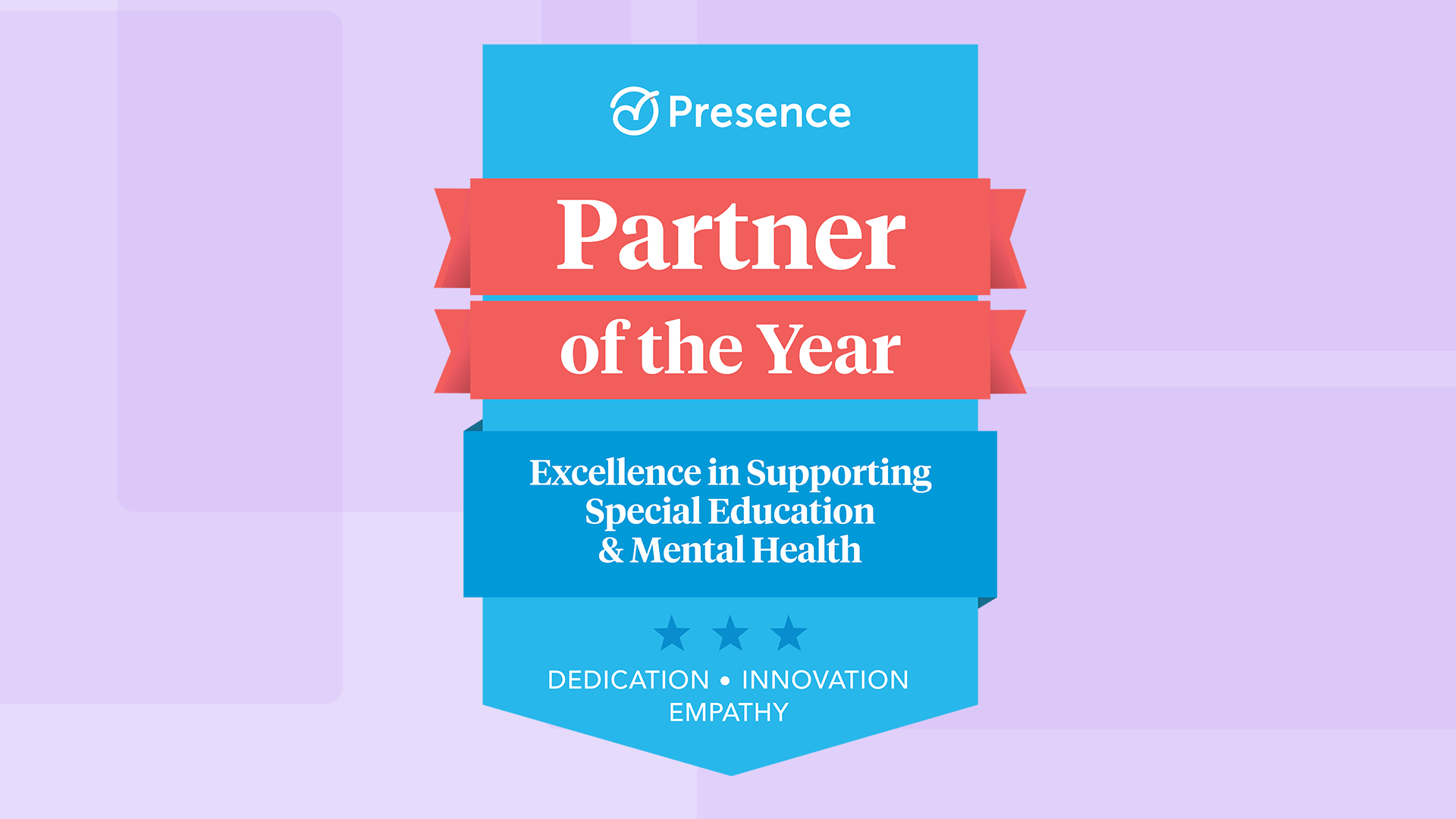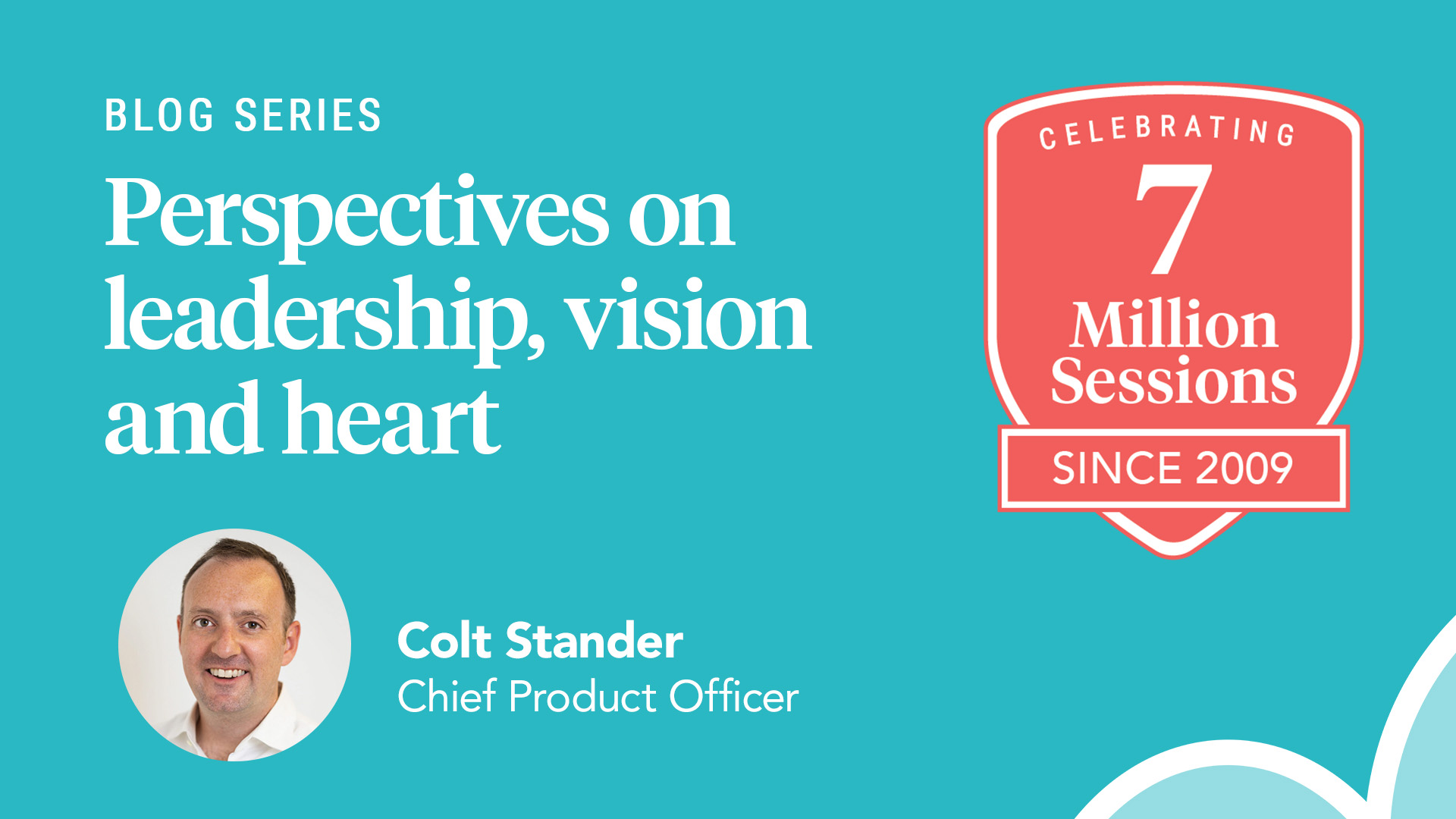
The overidentification of students of color for special education has been a major topic amongst educators and special education experts (Dr. Frances Stetson discussed it in her most recent webinar with PresenceLearning). The issue is even being watched at the federal level. The U.S. Department of Education has regulated under Part B of the IDEA that states are required to use a standard approach to assessing and reporting the representation – and over-representation – of racial and ethnic groups in special education programs. Districts must also address areas of over- and under-identification.
Overidentification of students for special education is detrimental to both the wrongfully and rightfully identified students. Wrongfully identified students are separated from their general education peers, where they may not have access to challenging academic standards. This also increases caseloads, making it harder to adequately serve rightfully identified students.
“We have a moral and a civil rights obligation to ensure that every student has the opportunity to succeed regardless of background or whether the student has a disability,” said Acting U.S. Secretary of Education John King. “But the data we see makes it very clear that we as a country are not living up to the intent of the law.”
The rule will also mandate that if a district has a “significant disproportionality,” they would be allowed to use funding allocated under IDEA more flexibly. Current regulations mandate that districts with a significant disproportionality must use 15 percent of their IDEA funds for early intervention services for students who are not yet identified as having special needs starting in kindergarten. However, the new rule would allow schools to use this money to provide services to students in preschool.
To learn more, check out the US Department of Education Fact Sheet on Equity in IDEA.
Click here to schedule a consultation →






